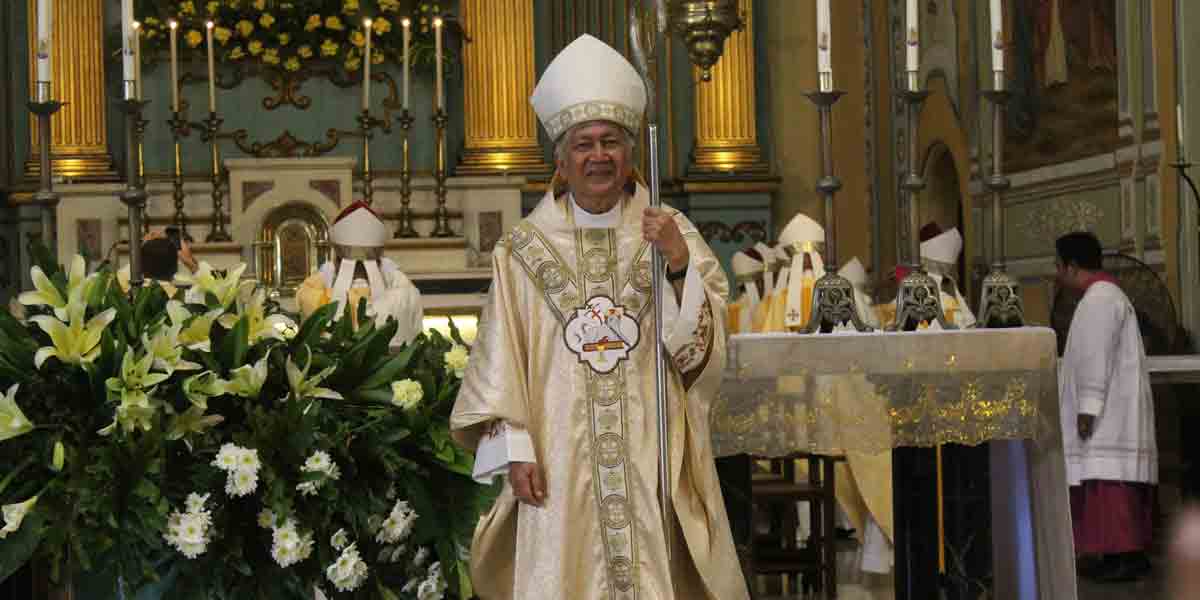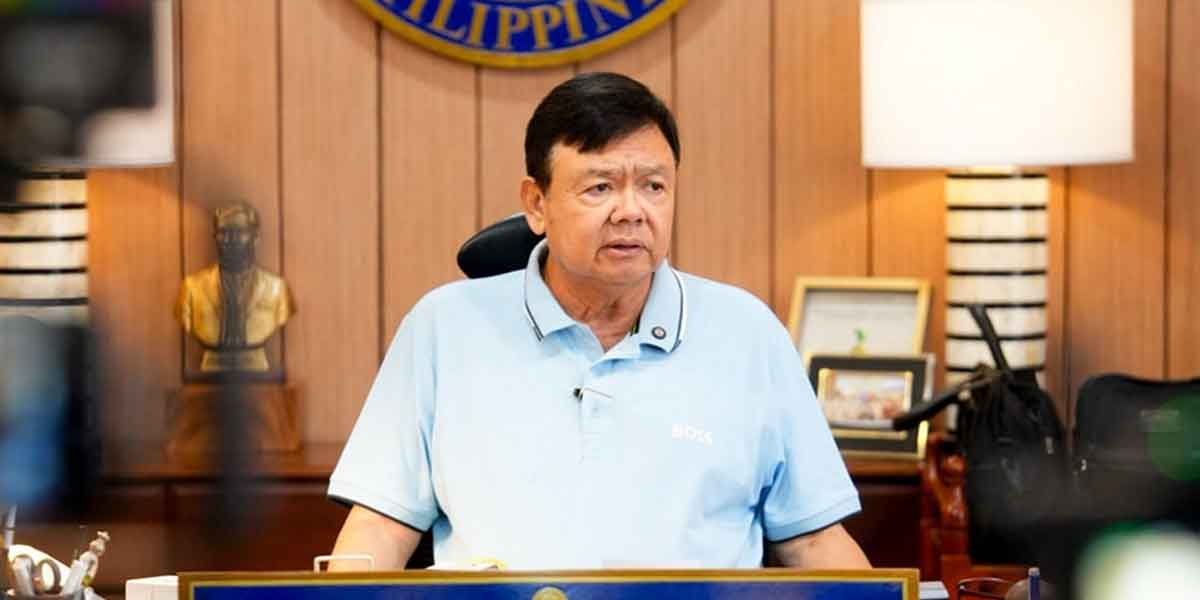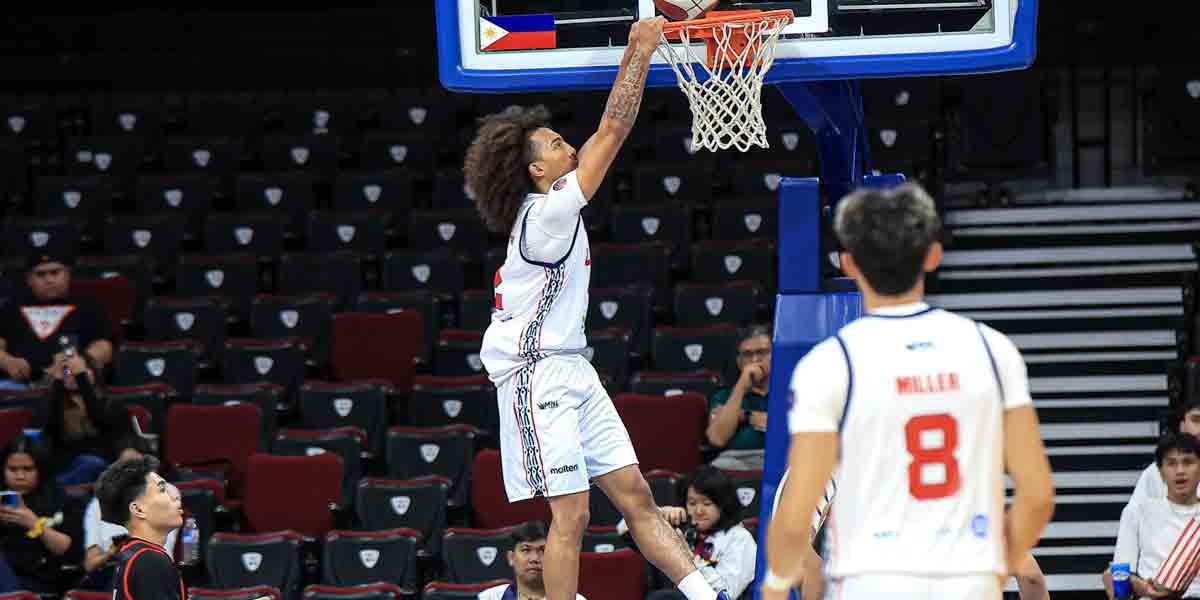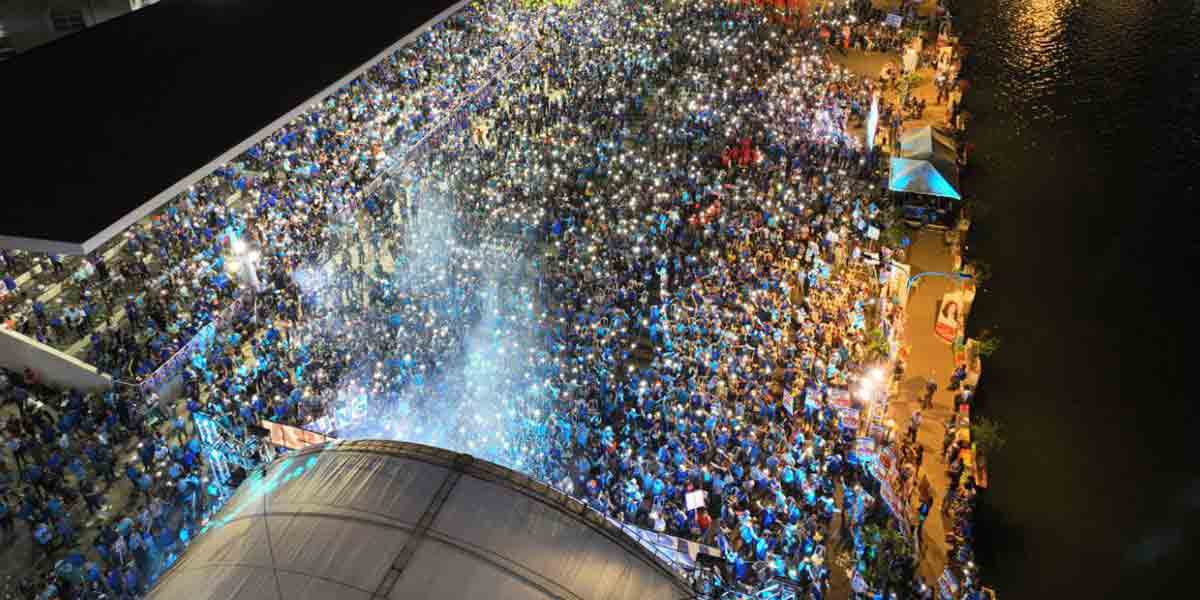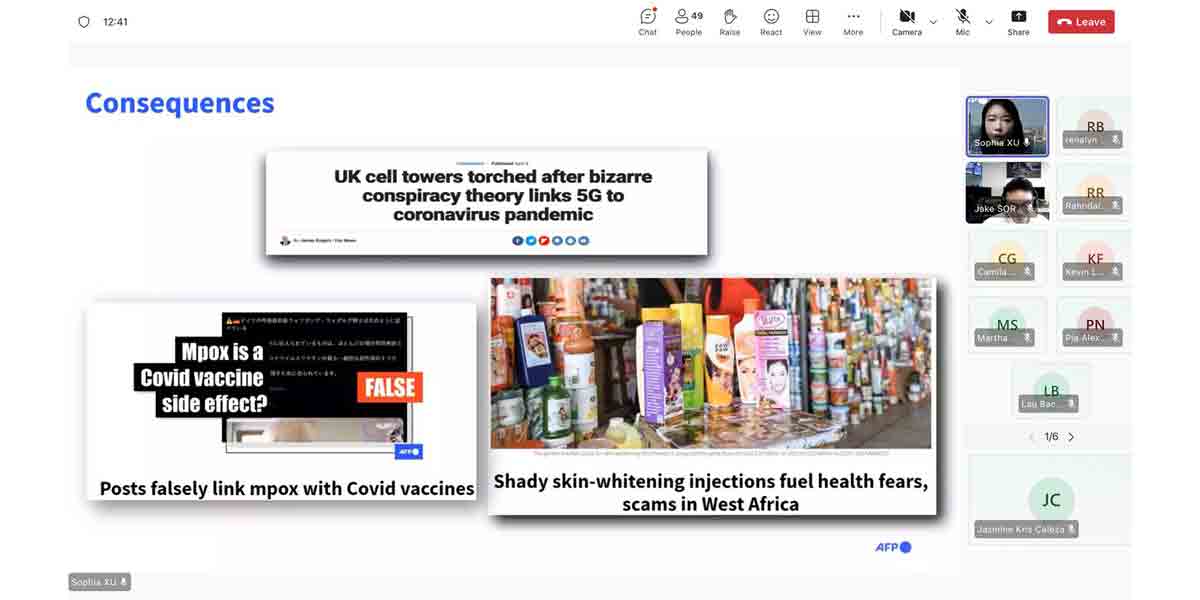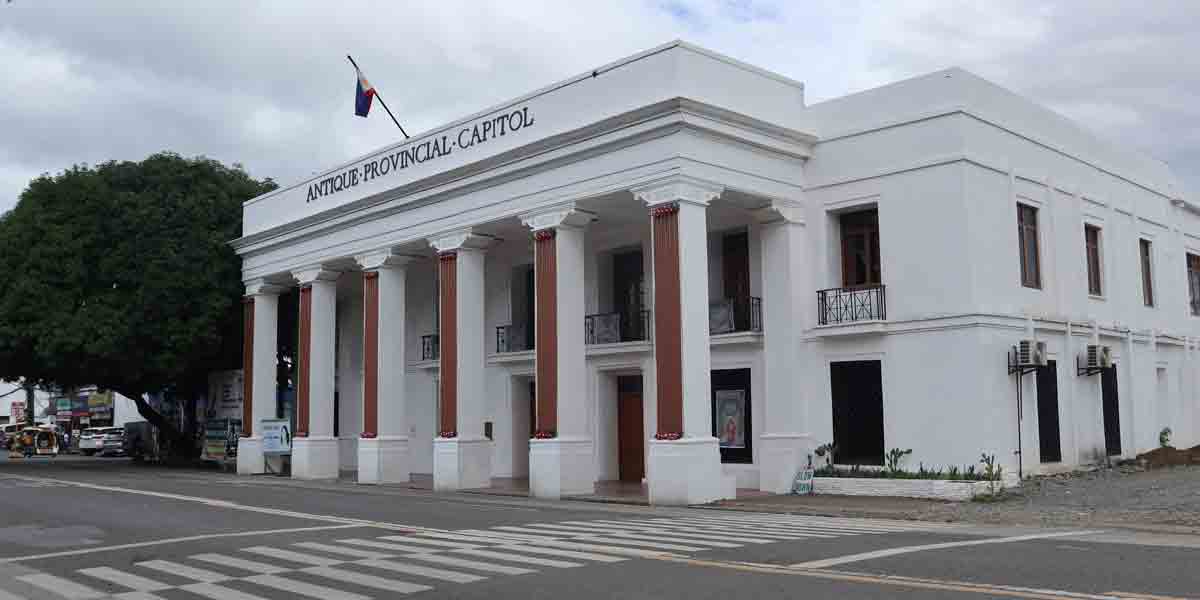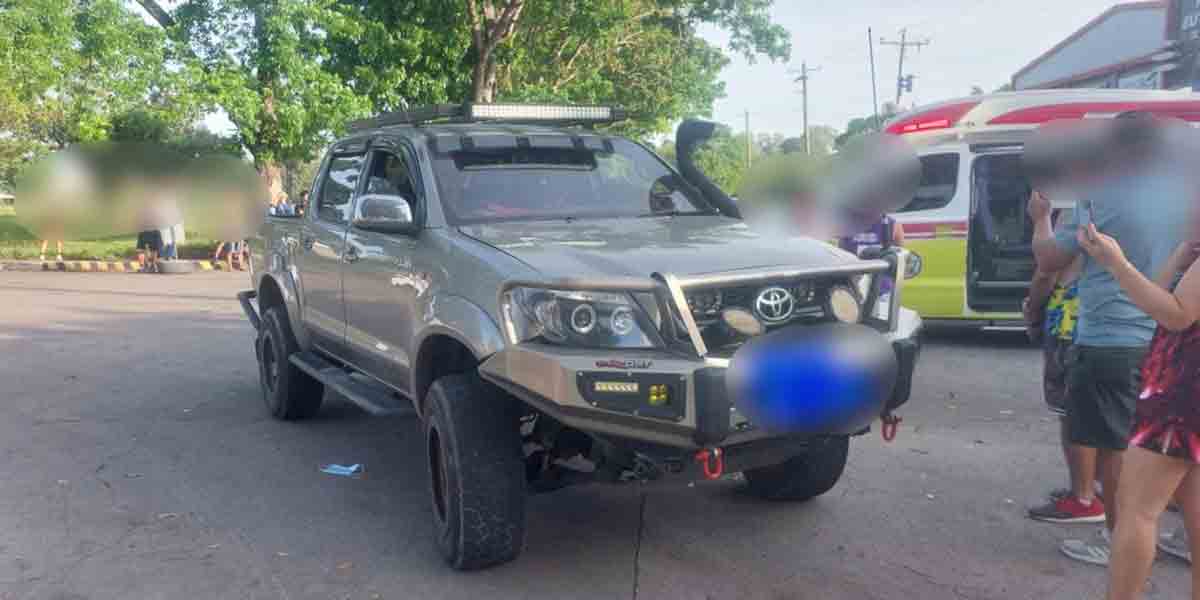
By Joseph B.A. Marzan
Lean Porquia, son of slain Ilonggo activist Jory Porquia, joined a group of social media personalities in filing the 21st Supreme Court petition against Republic Act No. 11479 (Anti-Terrorism Act of 2020) on July 29, 2020.
The petition claimed that the Anti-Terrorism Act violates Section 4 of Article III of the 1987 Constitution, which guarantees against laws violating the freedom of expression.
Porquia, an admin of the Facebook page Reklamador, told Daily Guardian via phone interview that their petition harbors on a “chilling effect” that the new law may have on liberties being exercised online.
“This initiative comes from the online communities. There’s nineteen of us, including bloggers, social media influencers, page managers on Facebook, and writers. The objective is to challenge the constitutionality of the Terror Law, and at the same time, to highlight the chilling effect of the Terror Law especially to the online community,” Porquia said.
He added that there have been examples wherein laws were weaponized against social media users who have been critical of the government.
“Our petition highlights social media, where the State can use the provisions of the Anti-Terrorism Act. For example, for every share dissenting the government, we can be branded as terrorists. During the lockdown period, we’ve witnessed a few instances where these have been used. There was one teacher who was imprisoned for posting against Duterte. Just yesterday, several activists who only shared a status post on Facebook against the government, and they were immediately called in by the police,” he added.
Porquia argues that government authorities are also using Facebook for disinformation through anti-communist propaganda, or “red-tagging”.
“The most concrete example is the use by the Philippine National Police of Facebook to share misleading materials targeting individuals and organizations online. They’re using social media platforms to accuse people with dissenting opinions as terrorists. Under the provisions of the Anti-Terrorism Act, we can be subjected to warrantless arrests, or the long-term effect of tagging people and groups as terrorists. They’re creating an image that people behind profiles are terrorists, and that may justify their killings,” he said.
He said that if the Supreme Court grants their petition, it would serve as justice for his father’s death.
Jory Porquia, a known community leader aligned with groups in the Makabayan Coalition, was shot in Iloilo City on April 30, 2020.
“Figuratively, yes. My father was killed because of his principles. It was clear that he had no personal enemies, no one would have the motive to kill him. Those with the clear motivation to kill him were those who conducted surveillance on him and those who put out statements to vilify him. The fact that these institutions who accused him of being a terrorist are precisely the same people who are going to implement this law, we are weaponizing them to intensify attacks against activists or anyone saying something against the government,” he said.
VULNERABILITY AND SUSCEPTIBILITY
Porquia and his fellow petitioners have branded themselves as Concerned Online Citizens in their petition, using the hashtag #COCBlockAntiTerrorLaw in their social media accounts.
They include content creator Mark Averilla (“Macoy Dubs” on Facebook), businesswoman Marita Dinglasan (known as “Aling Marie”), spoken word artist Juan Miguel Severo, doctor and television host Gia Sison, blogger Jover Laurio (Pinoy Ako Blog), writer and Twitter personality Stefan Punongbayan, and student Mark Geronimo (“Twitter bhie-bhie gurl”), to name a few.
Another Ilonggo, Dean Rodel Taton of the San Sebastian Graduate School of Law, serves as their legal counsel.
In a text message to media, Atty. Taton said that the case touches on the “vulnerability and susceptibility” of online Filipinos in social media.
“We are reminded that our rights, whether offline or online, should be protected. This case of the Concerned Online Citizens touches on the vulnerability and susceptibility of online Filipinos mostly in social media to be victims of vague and broad definitions of terrorism or acts of terror. One can easily be tagged as terrorist or terrorist sympathizer, or terrorist enabler and anyone may be subjected to surveillance, attack and even to peddled fake and false news against their persons,” Taton said in the statement.
He added that the Anti-Terrorism Act “perfectly fits as a weapon to terrorize Filipinos online”.
“The Anti-Terrorism Act of 2020 perfectly fits as a weapon to terrorize Filipinos online into stopping debate, discussion and dissent as this centers on speech, of expression, and of the press. As a netizen myself, my constitutional rights to procedural and substantial due process will be violated, that is my fear too for our countrymen. Aptly, this case is one that squarely falls within what the Supreme Court refers to as ‘of transcendental importance’, because the paramount interest of the people and Constitution should always prevail,” he added.
President Rodrigo Duterte signed the controversial law on July 3, 2020, and became effective on July 18, 2020.

